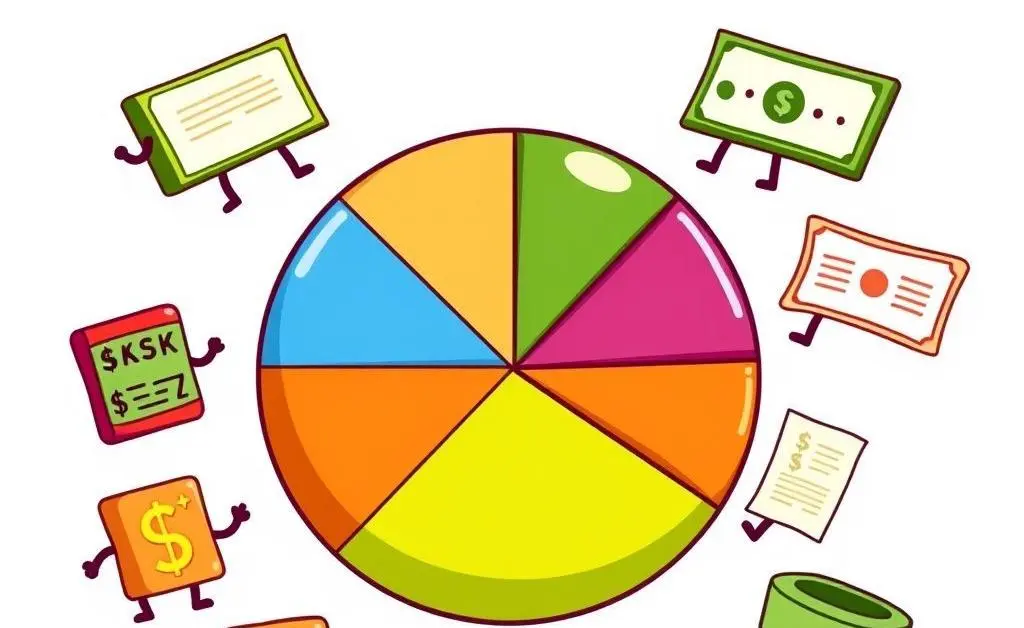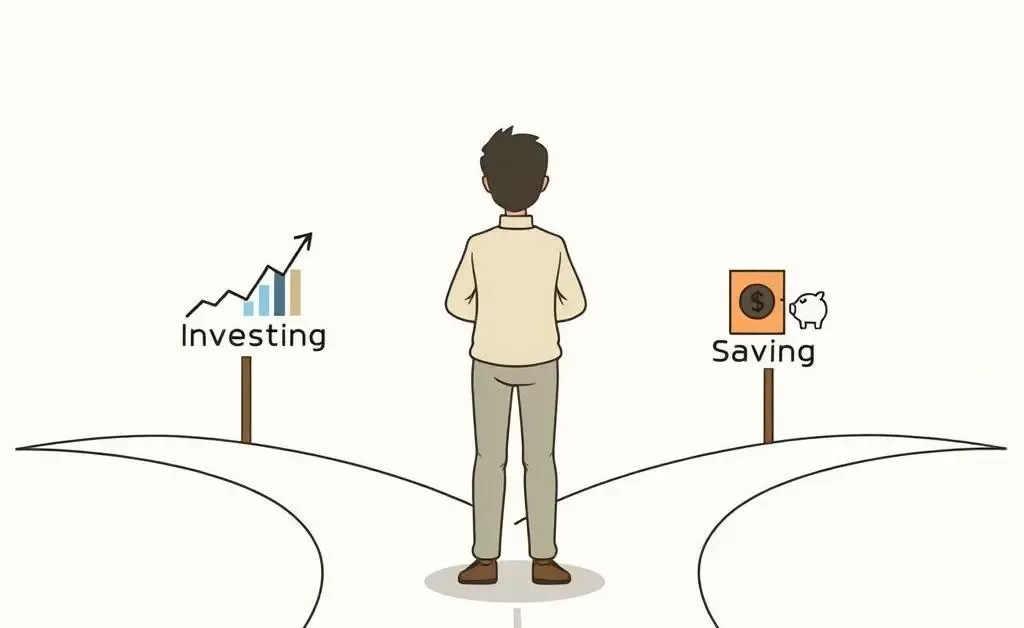Mastering Personal Finance: Tackling Your Most Common Questions
Explore practical strategies for personal finance and investing.

Hey there! If you’re like me, you probably have moments where personal finance feels like trying to assemble a complex puzzle without the picture on the box. Luckily, it doesn’t have to be that way. Today, let’s explore some practical strategies to help you make the most of your money, answer pressing questions, and make financial planning a little less intimidating.
Why Budgeting is Your Financial Best Friend
Budgeting is often the cornerstone of financial health. But let’s be real—tracking every single dollar can feel tedious. Instead, consider setting up a simple monthly budget that divides income into major categories like essentials, savings, and play. This high-level view can reduce stress and give you control without daily check-ins.

Should You Pay Off Debt or Invest?
This is one of the most common dilemmas faced by anyone on their financial journey. If high-interest debt, like credit card debt, is hanging over your head, it usually makes sense to tackle it first. Generally, debts with interest rates over 6% should take priority. However, if you’ve got student loans at low rates, combining debt repayment with investing might be the better choice.
Building a Balanced Investment Portfolio
When you’re ready to invest, diversification is your friend. This doesn’t mean jumping into every hot stock tip you hear. Instead, consider a balanced approach with a mix of stocks and bonds that mirror your risk tolerance and time horizon. Balanced mutual funds or exchange-traded funds (ETFs) are great places to start.

Emergency Funds: Your Safety Net
Everyone should have an emergency fund. It’s that comforting safety net that covers 3-6 months of living expenses. Start small—building up even a $500 reserve is a significant milestone. Think of this as protection against life’s unexpected turns, not only a line in your budget.
Conclusion: Ready to Tackle Your Financial Goals?
I hope these insights have inspired you to take charge, whether it's setting up a budget, taming your debt beast, or venturing into the world of investing. Financial management is less about finding the “perfect” strategy and more about what consistently works for you. And remember, it’s perfectly okay to tweak and adjust along the way—your financial goals should grow just as you do.

What's your biggest financial goal this year? Let me know in the comments!




